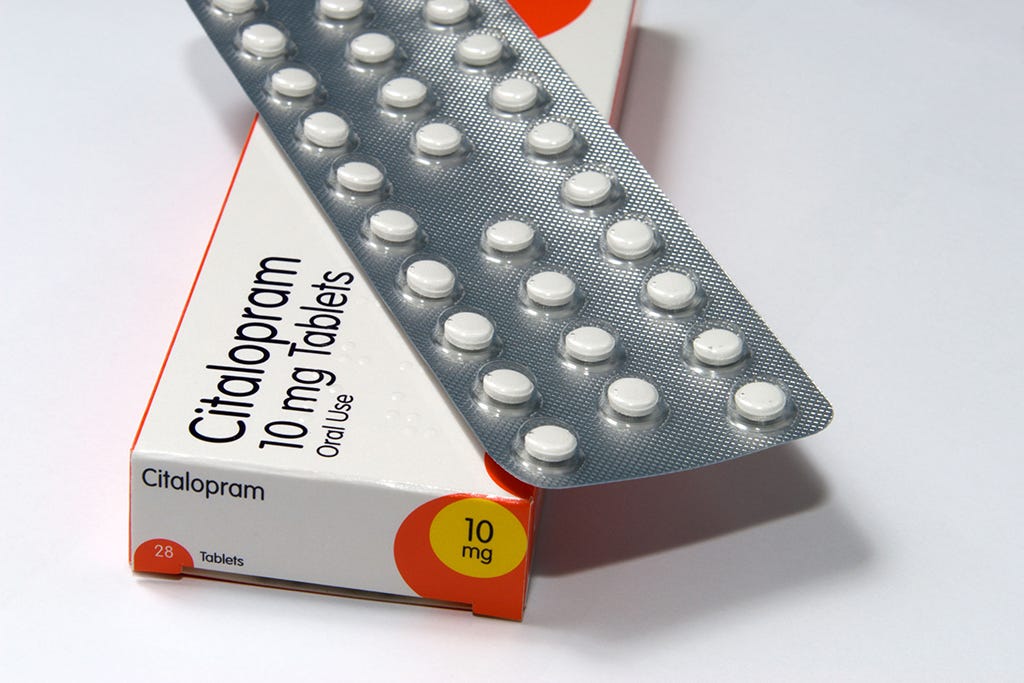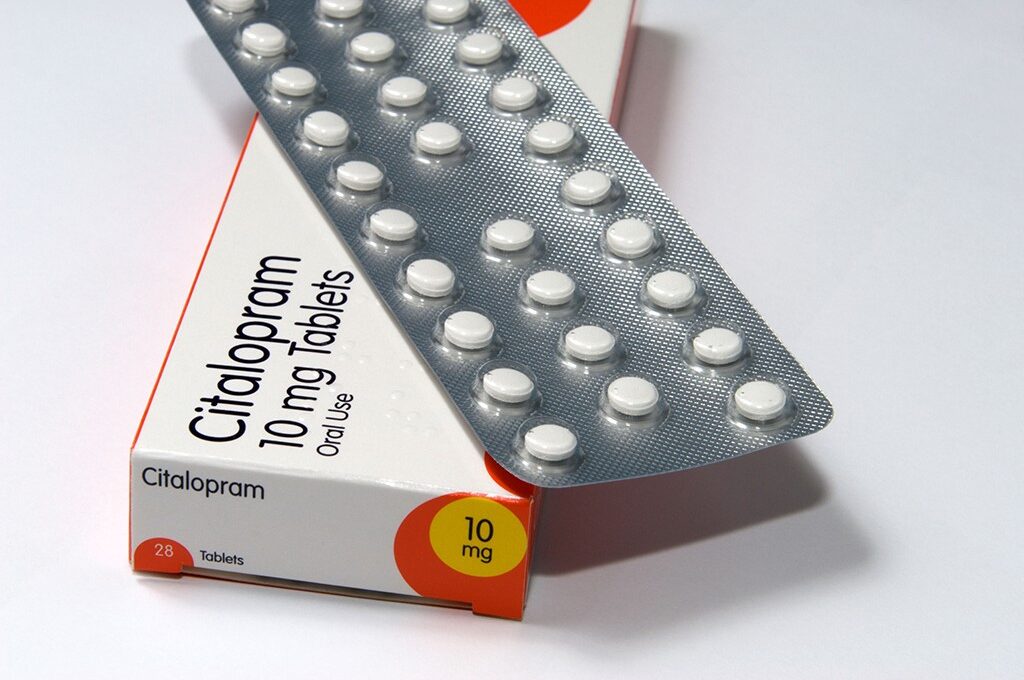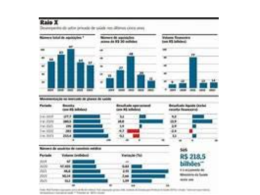Continuous Health Transformation (CHT)
research institute, knowledge portal & advisory consulting
Joaquim Cardoso MSc
Chief Researcher, Editor & Advisor
December 29, 2022
SOURCE
The Pharmaceutical Journal
By Emma Wilkinson & Dawn Connelly
27 October 2022
A pilot will start early in 2023 to test the feasibility of rolling out pharmacogenetic testing for patients taking statins, antidepressants and proton pump inhibitors (PPIs), The Pharmaceutical Journal has learned.
Funded by the NHS, the pilot will be the first in the UK to introduce genetic testing before prescribing in primary care and will initially involve five GP surgeries in the North Westof England.
Funded by the NHS, the pilot will be the first in the UK to introduce genetic testing before prescribing in primary care and will initially involve five GP surgeries in the North Westof England.
The ‘Progress Programme’, led by the University of Manchester, will work with three practices in Greater Manchester, one in Liverpool and one in Cheshire, to launch a pilot of testing patients when they start a new statin, certain antidepressants or PPIs, or have a change of medicine, to ensure they are receiving the right drug and are not being put at risk of side effects.
Researchers from the university told The Pharmaceutical Journal they were looking at how best to introduce pharmacogenetic testing more widely in England, and that there are plans for the pilots to become a national programme within a year, if they are successful.
Researchers from the university told The Pharmaceutical Journal they were looking at how best to introduce pharmacogenetic testing more widely in England, and that there are plans for the pilots to become a national programme within a year, if they are successful.
Additional information, obtained via a freedom of information request to NHS England, revealed a list of 31 potential gene-drug pairs that could be explored in future, including genes that affect the metabolism of other commonly used drugs, such as the antidepressant citalopram and the analgesic codeine.

William Newman, professor of translational genomic medicine at the University of Manchester, said other studies had proven the case for pharmacogenomic testing in terms of adverse outcomes, but the goal of the project is to look at the practicalities of doing this in the NHS.
… studies had proven the case for pharmacogenomic testing in terms of adverse outcomes, but the goal of the project is to look at the practicalities of doing this in the NHS.
“This is an implementation study to see if we can get a sample from a patient to the lab and back again, and [to see if] that information is actioned and is acceptable to the patient and to the GP.
“We need to know what the challenges are and how to scale it. Ultimately, we would be looking and hoping that we will be able to do this across large populations.”
Newman added that the initial pilot would then expand to early adopter GP practices in the other six Genomic Medicine Service Alliance regions in England and that GP practice pharmacists will also be involved in the pilots.
He added: “This will have to be a staged rollout. You can’t go from nothing to full implementation but this time [in 2023] I think we will be in a place where we have set up in other centres around the country.”
Newman said that preparations are still being put in place, including
- what the most appropriate commercial tests will be for the pilot and
- developing a new system for incorporating test results and related guidance into GP patient record systems.

Sophie Harding, pharmacogenomics lead at the Royal Pharmaceutical Society, said: “It’s exciting to see this much needed pilot to explore the implementation of pharmacogenomic testing within primary care for commonly prescribed drugs, which will enable the prescribing of appropriately tailored medicines for patients.
“The skills of the GP pharmacist role will also play a key role in this novel implementation approach to the use of pharmacogenomics.”

Professor Martin Marshall, chair of the Royal College of GPs, said:
“Genomics already have an important role in medicine and patient care, and this is likely to increase in the future. It’s important that any genomic intervention is implemented safely and responsibly.
“We look forward to seeing the results of this research and a full evaluation of the pilot programme to see if and how it should be rolled out more widely, in the best interests of patient care.”

The NHS England five-year plan on genomic medicine, published on 12 October 2022, says that, over the next three years, it will review the evidence for “real-time” decisions informed by pharmacogenomics to form “part of routine clinical care”.
The NHS England five-year plan on genomic medicine, published on 12 October 2022, says that, over the next three years, it will review the evidence for “real-time” decisions informed by pharmacogenomics to form “part of routine clinical care”.
An NHS spokesperson told The Pharmaceutical Journal: “The NHS is piloting offering pharmacogenomic testing in a small number of GP practices and will review the evidence to inform potential wider implementation.”
There are also plans to expand pharmacogenomic testing in Scotland, where health board NHS Tayside has begun a routine clopidogrel genotype testing service in secondary care after acute stroke, and there are also plans in development to use pharmacogenomic testing pilots more broadly using gene panels.
There are also plans to expand pharmacogenomic testing in Scotland, where health board NHS Tayside has begun a routine clopidogrel genotype testing service in secondary care after acute stroke, …
… and there are also plans in development to use pharmacogenomic testing pilots more broadly using gene panels.
Originally published at https://pharmaceutical-journal.com on October 27, 2022.












